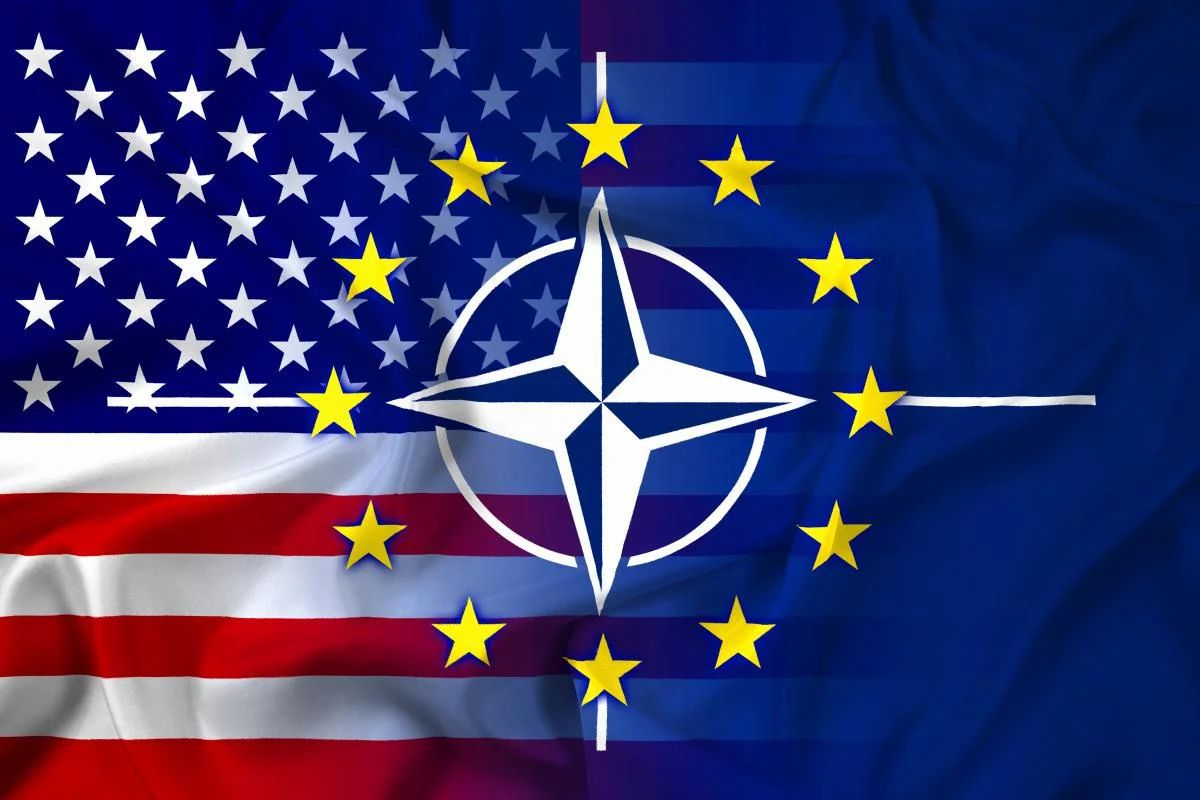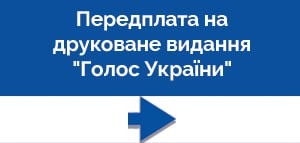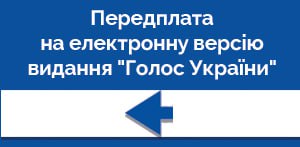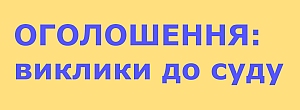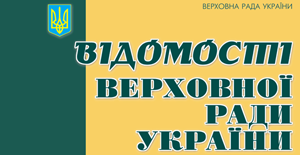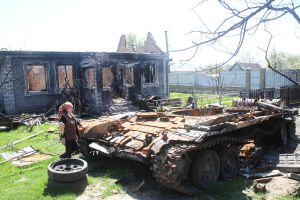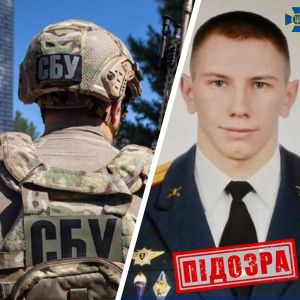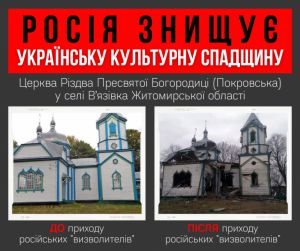On January 26, State Secretary Antony Blinken reaffirmed that the door of the North Atlantic Treaty Organization remains open for Ukraine.
According to the State Secretary, the United States in its written response to Moscow has underscored its unwavering position with regard to Russia’s “sweeping demands in the sphere of security.” The American administration has rejected the core Russian demands for blocking Ukraine from joining NATO and the withdrawal of NATO forces from the Alliance’s member-states in Eastern Europe.
“There is no change. There will be no change... I can't be more clear ‒ NATO's door is open, remains open, and that is our commitment,” Antony Blinken said.
At the same time, the United States is intended to continue talks given the fears that Russia could use the diplomatic exchange of positions as an excuse for invasion in Ukraine and then to justify itself would say that diplomacy had failed to settle the conflict.
“You may be right, that Russia is not serious about this at all. But we have an obligation to test that proposition, to pursue the diplomatic path," he said. "The point is we're prepared either way.”
On December 17, 2021, the Foreign Office of the Russian Federation published the draft treaty with the United States on security guarantees and a draft agreement on measures to ensure the security of Russia and NATO’s member-states. In particular, Russia proposes to exclude Ukraine from joining the Alliance. The Russian Federation calls on the United States to create no military bases in the former Soviet republics, do no admit these countries to the Alliance and to withdraw all weapons and troops from the states which have become members of the Alliance since 1997.
On January 26 of this year, American Ambassador to Russia John Sullivan delivered in person the written replies to Moscow’s proposals. State Secretary Antony Blinken and Foreign Minister of Russia Sergei Lavrov are reported to meet one of these days as soon as the Russian authorities have studied the American documents.
Foreign Minister of Ukraine Dmytro Kuleba has declared with satisfaction the other day that Washington has taken into consideration the position of Ukraine in their written replies to Russia’s security demands.
The Office of the Ukrainian president has welcomed the written response of the American administration. They believe that Russia must use diplomacy to avoid a negative scenario. According to Ukrainian presidential adviser Mykhailo Podolyak, the step taken by American partners is the right strategy. In particular he said, “The comprehensive, well-thought-out, factual and reasoned response of the United States has been agreed upon with Ukraine and other European allies of America.”
The same day, in parallel with the United States, NATO also sent its written reply to Russia in response to its demands for legally-binding security guarantees, NATO Secretary General Jens Stoltenberg said during a news conference in Brussels, Belgium.
The Secretary General stressed that the Alliance and Russia could work together on three priority themes. These are relations and contacts between Russia and NATO, European security, including developments in and around Ukraine as well as arms control. “In all of our efforts, we continue to coordinate closely with Ukraine, as well as with other NATO partners, including Finland, Sweden, Georgia, and of course, the European Union,” the Secretary General said.
Jens Stoltenberg underscored that NATO would not compromise on its open-door policy. He called on the Russian Federation to withdraw its troops from Ukraine, Georgia and Moldova.
For the first time after a long pause, political advisers to the leaders of the Normandy Four format met in Paris, on January 25. Under discussion was the settlement of the crisis in Donbas. The Ukrainian delegation was headed by Presidential Office Chief Andriy Yermak. The Russian delegation was led by Dmitri Kozak, the deputy head of the Putin administration. Germany was represented by Foreign Policy Adviser to the German Chancellor Jens Plotner. And the delegation of France was headed by Diplomatic Adviser to the French President Emmanuel Bonne.
The eight-hour talks were held in private. Yermak called the meeting “not easy.” And Kozak referred to the meeting as “a difficult but frank discussion.” The political advisers are reported to have agreed a joint communiqué and voiced their support for a ceasefire in eastern Ukraine. The next meeting within the Normandy Format will be held in Berlin in two weeks.
Ahead of the Paris meeting, the German media, referring to its sources, informed that “the participants in the talks would allegedly determine the date of the future direct negotiations between Ukraine and separatists concerning the special status of Donbas.”
In this connection, Yermak has stated that there have never been and there never will be any direct talks with representatives of the so-called LNR and DNR.
The newspaper Voice of Ukraine


